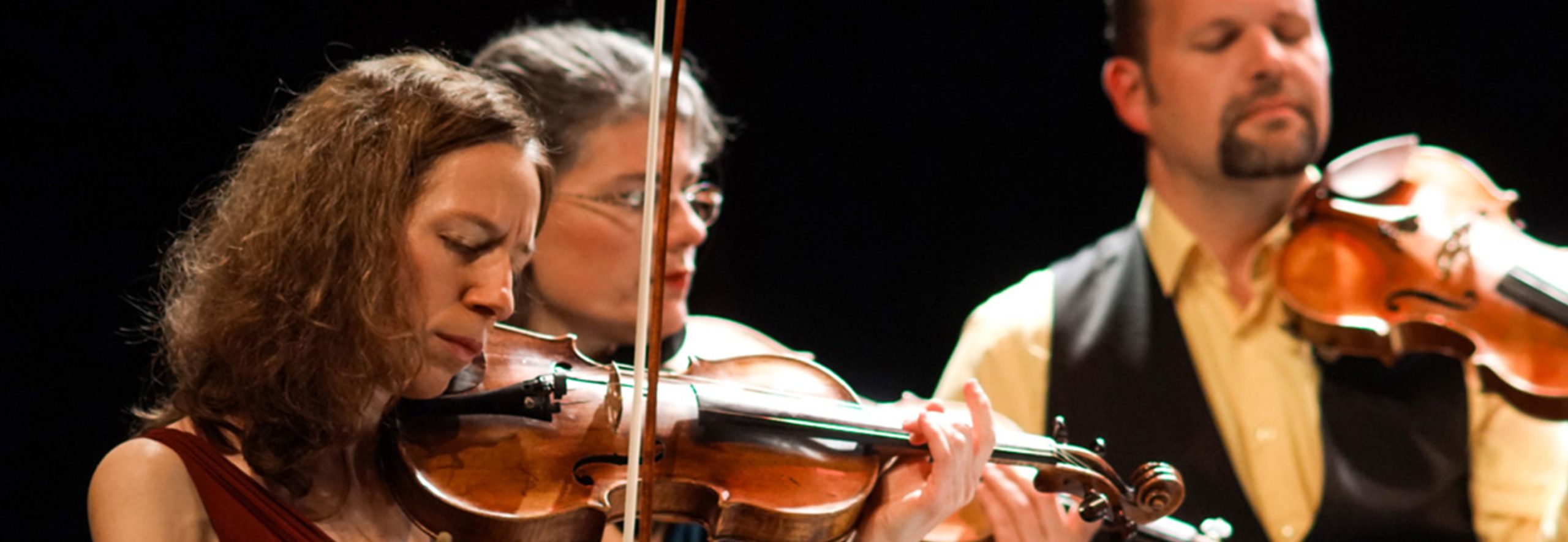Hôtel Palladia and the Toulouse Chamber Orchestra
The Hôtel PALLADIA is delighted to welcome the Toulouse Chamber Orchestra

Classical polyphonies by great composers such as Vivaldi, Mozart, Bach, Schubert and others can be heard.
will be in the spotlight with four not-to-be-missed classical music concerts
These Sunday get-togethers can be accompanied by a gourmet lunch.
Sunday 11 June 2023 at 11.00am
Free OCT concert, a selection of works from all periods.
By reservation only
Sunday 3 December 2023 at 11.00 am: Bêtes de Pub
You're bound to know all these tunes!
They've been used in so many films and commercials that you're bound to have heard them without knowing who composed them.
There's nothing shocking about this utilitarian use of music. Since the dawn of time, music has been used to make people dance, to accompany the stories that people like to tell each other... or, more frighteningly, to give them courage in battle.
On a less warlike note, how many joggers run only while listening to music through an earpiece? Music has a hypnotic power that is tempting to use, and when a tune is particularly successful it has a lasting effect on our psyche. Baroque composers, from around 1550 to 1750, even theorised about this use, claiming that music expressed our 'passions', even though they disagreed among themselves about the number and nature of these passions.
But you mustn't exaggerate the manipulative power of music: it only works if you're prepared to let it do the work for you and give yourself over to it!
Sunday 3 March 2024 at 11am in the Amphitheatre : Beethoven, the Kreutzer Sonata
Initially dedicated to another violinist, Beethoven finally dedicated his sonata to the great French composer and violinist Rodolphe Kreutzer. Ironically, Kreutzer never played the sonata, which, like many of his contemporaries, he considered too difficult for the public. Yet today it is one of Beethoven's most frequently performed works, at least in its violin-piano version. It was Beethoven himself who wrote the version for strings that we present here. As we have often demonstrated over the last 20 years, transcription is an integral part of the creative process... to the point where, as here, the composers transcribe themselves! A "precious" view of music would have us believe that what was intended for one instrument could never be played by another and that a transcription is just a stopgap. But the whole history of music shows us otherwise, to the point where sometimes the transcribed version is much better than the original.
It's hard to talk about Beethoven without mentioning Mozart, even though the latter failed to see the genius of the former. In the original version of this 'concertante', Mozart himself often played the principal viola part. On this subject too, the great composer-performers of past centuries were more adventurous than we might imagine. Mozart and Beethoven... does the term 'classical' really suit them? We see them more as creators capable of overturning all conformism! You be the judge!
Sunday 5 May 2024 at 11am in the Amphitheatre : Viva Italia
Initially dedicated to another violinist, Beethoven finally dedicated his sonata to the great French composer and violinist Rodolphe Kreutzer. Ironically, Kreutzer never played the sonata, which, like many of his contemporaries, he considered too difficult for the public. Yet today it is one of Beethoven's most frequently performed works, at least in its violin-piano version. It was Beethoven himself who wrote the version for strings that we present here. As we have often demonstrated over the last 20 years, transcription is an integral part of the creative process... to the point where, as here, the composers transcribe themselves! A "precious" view of music would have us believe that what was intended for one instrument could never be played by another and that a transcription is just a stopgap. But the whole history of music shows us otherwise, to the point where sometimes the transcribed version is much better than the original.
It's hard to talk about Beethoven without mentioning Mozart, even though the latter failed to see the genius of the former. In the original version of this 'concertante', Mozart himself often played the principal viola part. On this subject too, the great composer-performers of past centuries were more adventurous than we might imagine. Mozart and Beethoven... does the term 'classical' really suit them? We see them more as creators capable of overturning all conformism! You be the judge!

